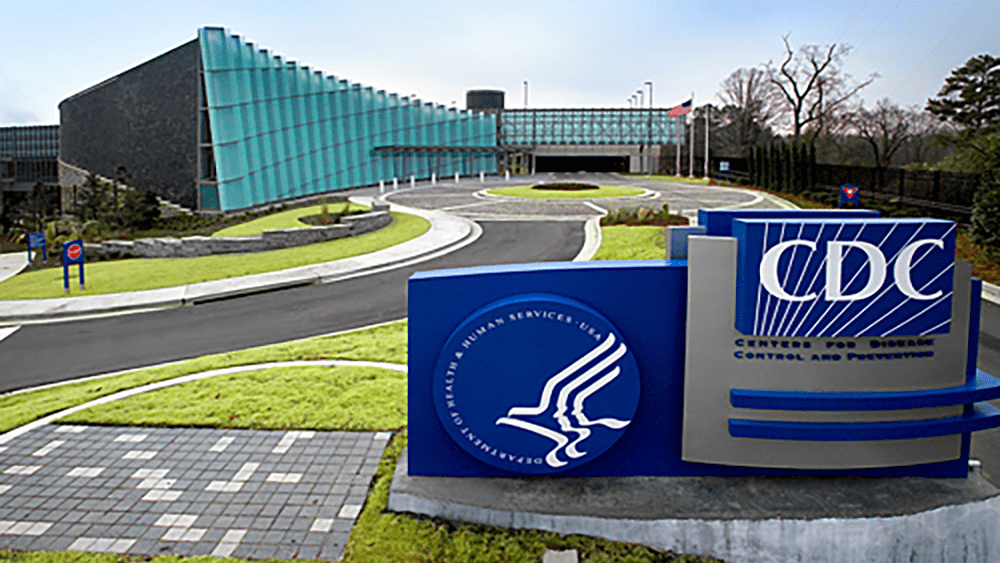
KANSAS CITY, Mo. – The U.S. Centers for Disease Control and Prevention has expressed gratitude to the nation’s Cooperative Extension System, including University of Missouri Extension, for addressing vaccine hesitancy by educating and raising awareness about the importance of getting vaccinated for COVID-19 in rural America.
“Rural America continues to be especially hard hit by the pandemic, and the lives of families and communities continue to feel the impacts,” said Carrie Castille, director of the USDA’s National Institute of Food and Agriculture (NIFA). “Because our communities are faced with making important decisions about vaccinations, having a trusted, independent community agent to aid in decision-making is essential. Cooperative Extension agents and educators are well placed to have that discussion and provide objective educational information. Talk with your extension agent, and then decide.”
Through an interagency agreement with the CDC and NIFA, Cooperative Extension units at land-grant universities across the nation received funding and launched the Extension Collaborative on Immunization Teaching & Engagement (EXCITE) in June 2021 to address health disparities among rural and other underserved communities.
“Agents and educators are trusted messengers working in every county across the nation and are uniquely situated at local levels to engage with their communities and build partnerships to improve community health,” said Samuel F. Posner, acting director of the CDC’s National Center for Immunization and Respiratory Diseases, in a letter to the Cooperative Extension System. “As my team listens to our partners in the field, we hear story upon story of the need for one-on-one, honest discussions with trusted messengers to address concerns about COVID-19 vaccines.”
In Missouri, Community Health Engagement and Outreach (CHEO) hosts monthly conversations so county engagement specialists (CESs) from around the state can get the latest information from experts on COVID.
“Our CESs are clearly caught in the crosshairs of promoting science-based decision-making and rural attitudes towards COVID prevention and control strategies, and it has been stressful for them,” said Lynelle Phillips, education director and nurse specialist for CHEO. “We decided to hold these meetings for informational purposes but also to let them know that we hear you and want to support you in any way we can.”
“Tailored messaging in rural areas works,” said Posner. “As of today, over 76% of people in the United States have received their first COVID-19 vaccine dose. In rural areas, 71.4% of people ages 18 and older have received at least one dose of a COVID-19 vaccine – with the percentage of those reporting that they definitely will get vaccinated on the incline. Thank you to those who helped realize these achievements by getting vaccinated and helping others do the same.
“To reach the remaining individuals who are hesitant about receiving a COVID-19 vaccine, we are relying on trusted messengers to provide education about the vaccines, share information on how they were developed, and address myths about what’s in the vaccines. There’s an enormous need to cut through the confusion that exists about why everyone should receive a vaccination, how to get a vaccine, where to get vaccinated, and what services are available to get them to the point of vaccination (if needed).”
“In Missouri, our CESs helped identify the most common sources of vaccine hesitation in rural areas,” said Rachel Buenemann, CES in nutrition and health education. “We collaborated with the Missouri Immunization Coalition and developed ‘myths and facts’ cue cards. These cue cards are designed to assist CESs when they are in the field and encounter difficult questions about COVID vaccines. They now have the facts at their fingertips, as well as some helpful communication tips.”
The cue cards are now available in an animated format as well as in several different languages at moimmunize.org/covid-19-resources. “The Missouri Immunization Coalition has been a terrific partner for us,” said Phillips.
The CDC recently published a COVID-19 Vaccination Field Guide Addendum: Rural Considerations for Vaccine Confidence and Uptake Strategies. This resource complements CDC’s 12 COVID-19 Vaccination Strategies for Your Community and How to Conduct a Rapid Community Assessment.
“I know how hard field agents work, the long hours and distances traveled especially in rural and frontier areas, and how much you all care about the community members you serve,” Posner said. “Thank you for all that you do!”
The Cooperative Extension System is operated through the nation’s land-grant university system in partnership with federal, state and local governments. As the federal partner, NIFA develops methods to address national priorities, funds and awards grants, and provides program leadership. The agency supports both the universities and local extension offices to bring science directly to the regional and county level.
The National Institute of Food and Agriculture invests in and advances agricultural research, education, and Extension across the nation to make transformative discoveries that solve societal challenges. NIFA supports initiatives that ensure the long-term viability of agriculture and applies an integrated approach to ensure that groundbreaking discoveries in agriculture-related sciences and technologies reach the people who can put them into practice. In FY2020, NIFA’s total investment was $1.95 billion.